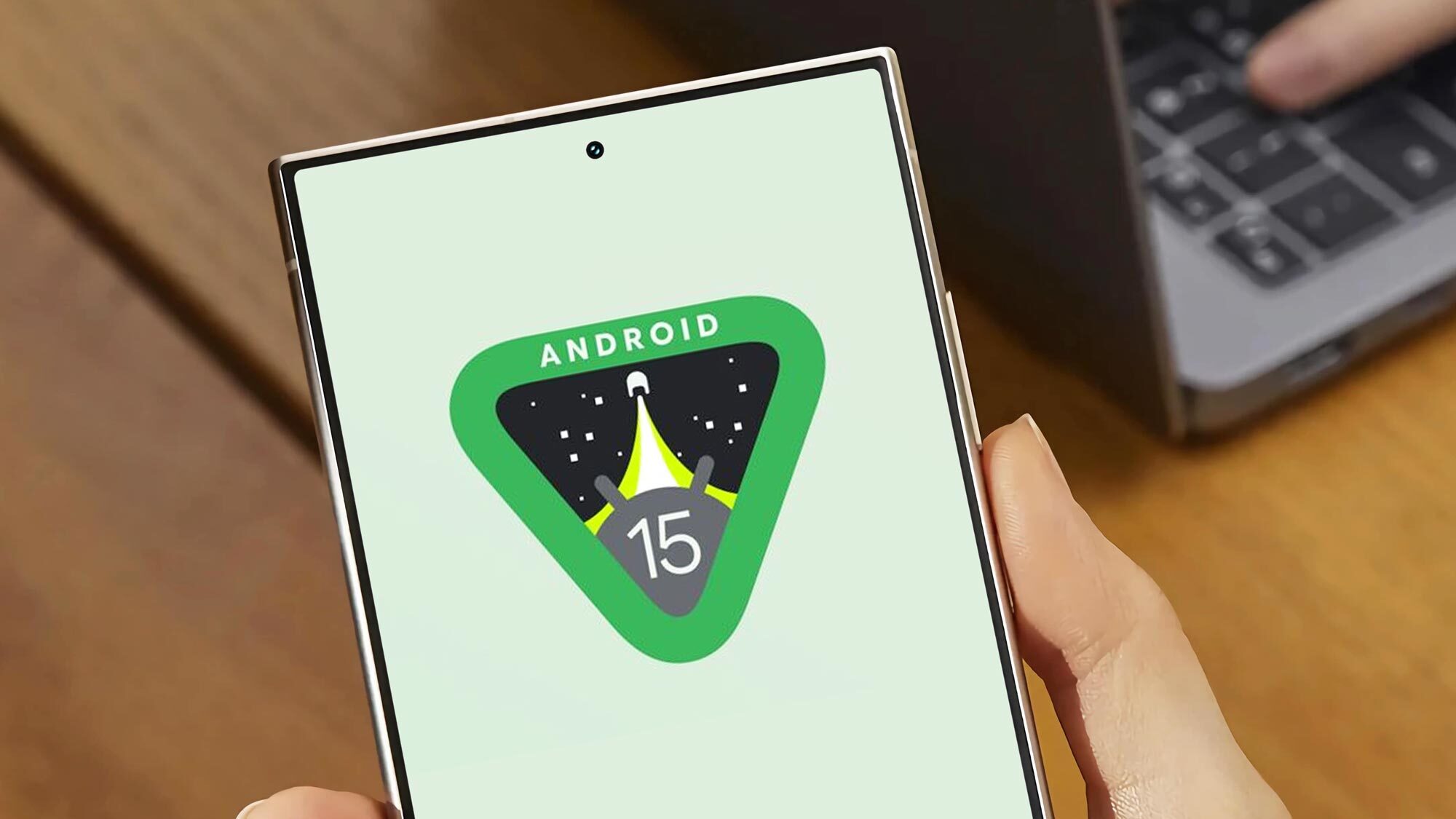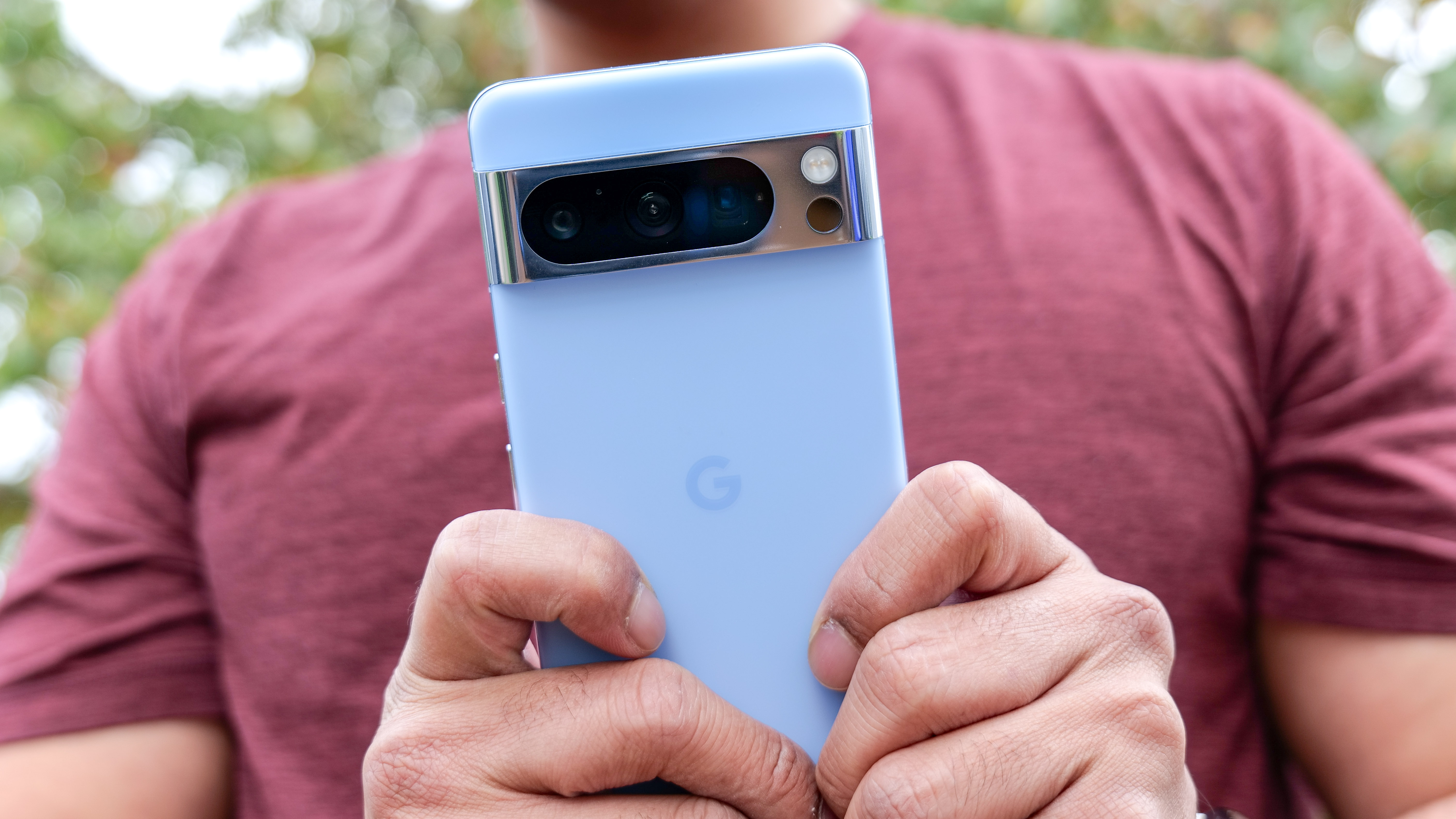
The first Android 15 beta is now available, but this isn’t just another developer preview either, we’ve already had two of those. Google says it’s time to release the software to early adopters so they can try out the upcoming software upgrade for themselves. Just as long as they have an eligible Pixel phone, that is.
This is far from a stable version of Android 15, though. The idea behind public beta testing is that large groups of people are more likely to find problems in the software better than any team of in-house testers could. But it does mean those of you eager to test out Android 15’s newest features are now able to.
While some of these features may not work exactly as Google intended, there is a bunch of cool new stuff you can take advantage of right now. Here are the biggest changes to arrive in the Android 15 beta.
Android 15 beta features
Edge to edge displays
As rumored, Android 15 apps have edge-to-edge display switched on by default. This means that the app window will stretch to every edge of the display, even if there’s a system bar in the way, like the status bar that lives at the top of the screen,
This means app developers won’t leave a blank space where the system bar would normally be. That’s important because it means if there’s ever a case when the system bar changes location, like when your phone is in landscape mode, you don’t end up with a random black bar on your screen. The same is true if the status bar disappears for whatever reason.
Phone displays are pretty big these days, and it would be a shame not to take full advantage of all that space. So Android 15 is making sure that actually happens.
OS-level app archiving
Google first announced app archiving support last year, and Android 15 will add support for the feature at an OS level. The idea being that this should make it easier for apps to be able to implement archiving. That way users will be able to partially delete apps they don’t use that often, and free up some space in their phone’s storage.
App archiving will remove the app APK and cached files, but keeps user data around. Users will also be able to see which apps they’ve archived, and tapping on one allows them to restore the app to its complete state.
Encrypted contacts
The Android contacts app will now feature end-to-end encryption, which grants your contact list some additional protection. A small change, but one that will no doubt be welcome if you have important numbers and details in your contacts list.
Better braille support
There’s a lot more support for non-traditional styles of writing in Android 15. One big change is an accessibility feature that adds TalkBack support for Braille displays that are connected via USB and secure Bluetooth using the HID standard. The idea is that Android will be able to support a growing number of Braille displays over time, for those that need them.
Cellular network security
Security has been a big focus in Android 15 developer previews, and the beta is revealing where some of those enhancements lie. One is cellular network security, which will warn you if you’re connected to an unencrypted network. Another one of the options appears to require encryption, which would prevent your phone from connecting to unencrypted networks — though also depriving you of the ability to do everything except emergency calls.
It also looks as though Android 15 will let you not share your device’s name with whatever Wi-Fi network it’s connected to — alongside the choice to use a randomized MAC address.
Secured background activity launches
Google has confirmed that Android will also prevent malicious background apps from forcing other apps into the foreground and generally abusing their privileges.
Default wallet app settings
There’s also the option to change your default wallet app, just in case there’s a reason why Google wallet isn’t working for you. These apps will still be able to store payment and loyalty cards, among other things, and changing the default should mean Android jumps to your chosen wallet first, rather than making everything run through its own.
Which devices can install the Android 15 beta?

The Android 15 beta isn’t available to everyone, and you’ll need to have the right kind of Google Pixel if you want to install the Android 15 beta. Eligible devices are the Pixel 6, Pixel 6 Pro, Pixel 6a, Pixel 7, Pixel 7 Pro, Pixel 7a, Pixel 8, Pixel 8 Pro, Pixel Fold and Pixel Tablet.
Which is all what we expected, and means if you have a Pixel 5a or older you won’t be getting access to the beta — or the stable version of Android 15 when it arrives. Be sure to check out our guide on how to install the Android 15 beta if you want to try everything out for yourself.
When will Android 15 arrive?
Google’s official Android 15 timeline doesn’t appear to have changed since the first developer preview launched earlier this year. That means we still don’t know exactly when Android 15 will be released to the general public — which would presumably start with Pixel phones as usual.
The only thing we know for sure is that we’ll be getting new beta releases over the next few months, and that the big feature releases should be winding up before the end of June. From there Android 15 is scheduled to enter “Platform Stability”, to ensure it’s ready for a wider release. New beta versions will still be released, but the changes will likely be limited to bug fixes and other minor changes to ensure everything works as expected.

Google hasn’t told us when a wider release will happen just yet, so we have to speculate. Typically new versions of Android are released at the end of summer. However in the past Google has been known to delay the rollout so it coincides with the release of the newest Pixel phones in October.
That’s what happened with Android 14 and Android 12, and it’s not impossible for the same thing to happen again this year. But it’s also equally likely that the upgrade arrives much sooner. We won’t know for sure until Google actually tells us what’s going on.







